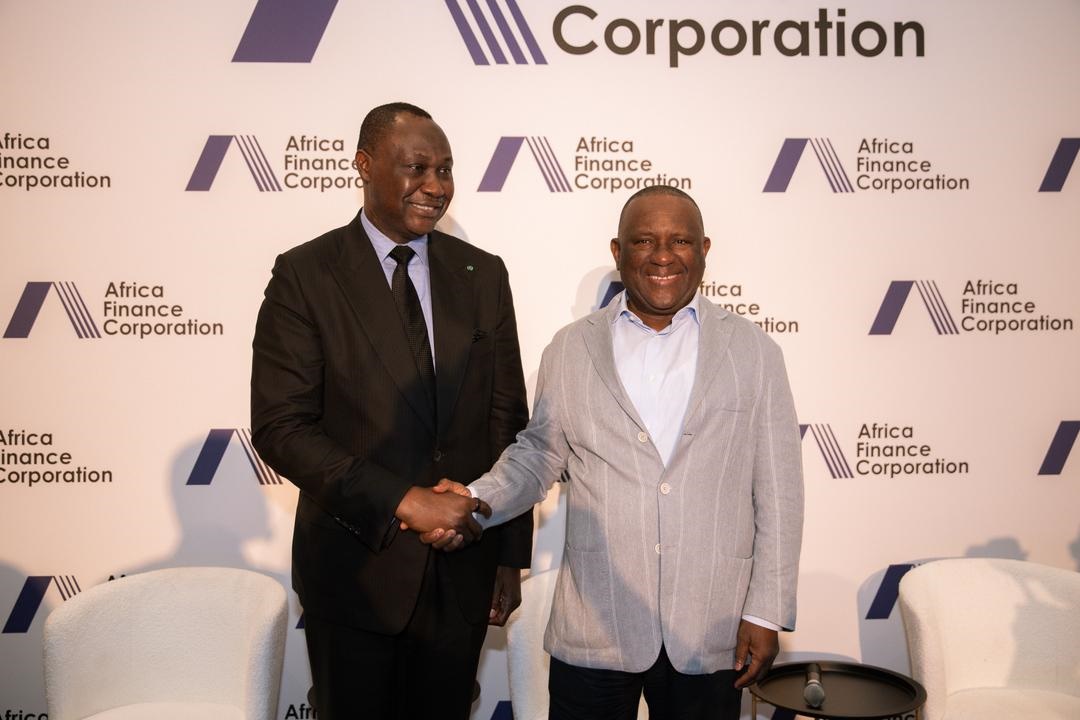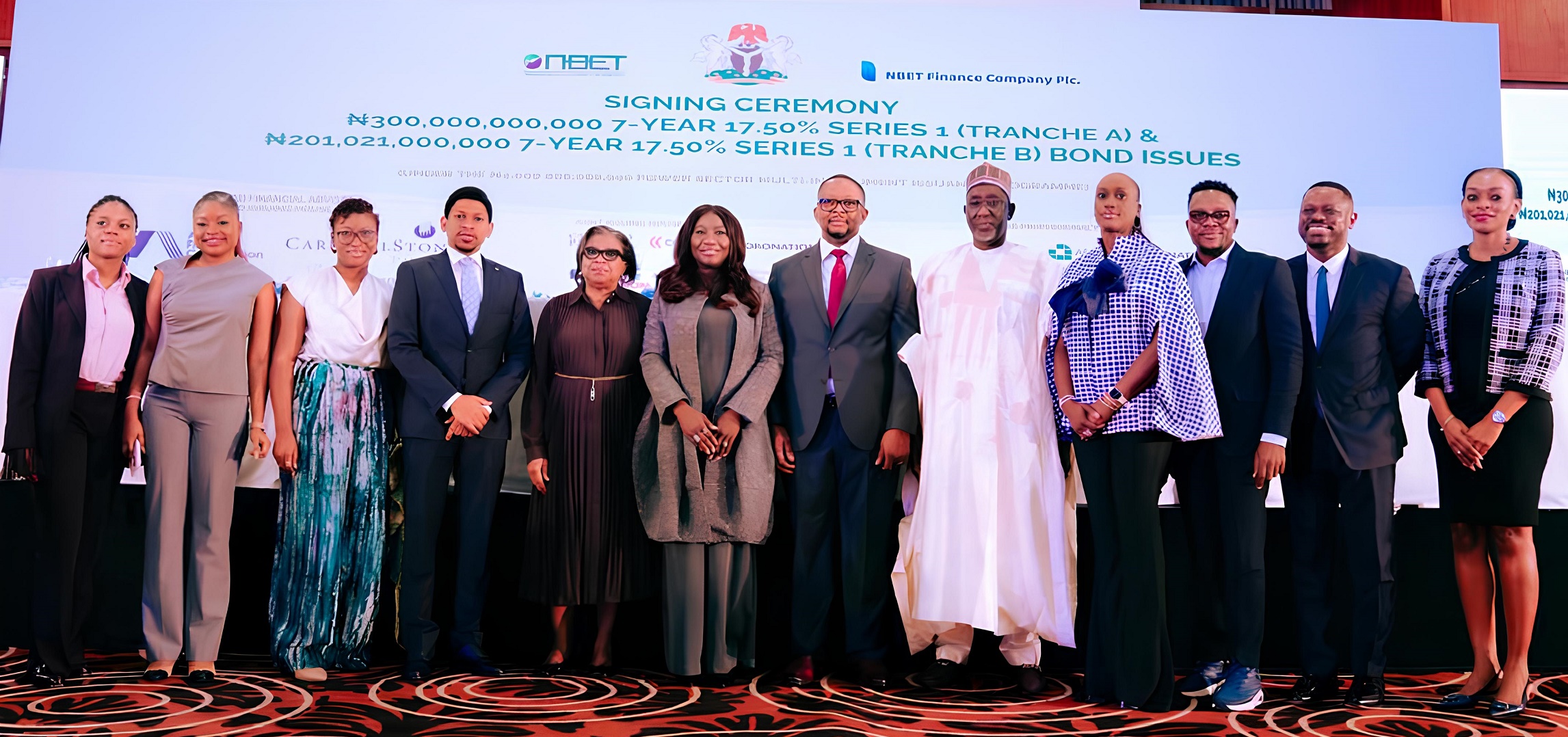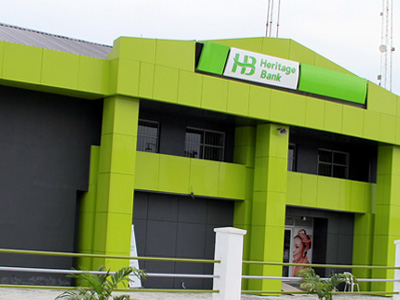
By a unanimous vote, shareholders of Guaranty Trust Bank Plc, on Thursday in Lagos approved the directors’ recommendation N2.45 final dividend per share for the year ended December 31, 2018, which in addition to the 30 kobo half-year interim, brings total payout for the full-year to N2.75 or N80.935bn.
Gross earnings for the period increased by 3.69% from N419.226bn in 2017 to N434.698bn, while a combination of the drop in loan impairment charges from N12.169bn to N4.906bn, and rise in fee and commission income to N52.367bn from N42.921bn, lifted profit after tax by 9.96% from N167.912bn to N184.639bn (READ MORE).
Commenting on the results, shareholders variously described it as superlative, given the tight and even unfriendly operating environment and multiplicity of taxes that leave government and its agencies richer at the end of the day than investors.
Nonah-Awoh, a shareholder warned the management to work towards a time, soon, when account maintenance fees, which is a good source of revenue for most banks today, is wiped off by competition or regulation, just as COT that was once a veritable source of income.
He lamented the N18.23bn reported as unclaimed dividend, an amount, he said mostly belong to small retail investors, challenging the board and management to work seriously towards reducing it drastically before the next Annual General Meeting.
The shareholder noted that GTBank alone paid N19.4bn in taxes to the government last year, up from N16.06bn for the 2017 financial year; while the Asset Management Corporation of Nigeria (AMCON) received N31bn into its sinking fund in two years. Added to these, he continued, is the N7.89bn deposit insurance premium, up from N7.935bn in 2017; and another N14.4bn in agric SME contributions, which climbed from N6.4bn.
Nonah-Awoh accused the Federal Governance of stifling businesses with excessive taxes, noting for example, that GTBank paid out a total of N482.2bn in taxes including company income and withholding on the dividend declared, which is much more than it would record in two years as profit at current rate.
“We have paid the CBN (Central Bank of Nigeria) more than our (GTBank’s) profit for three years,” he lamented further.
He wondered why banks will be encouraged to mobilize deposits at 3% interest, only for the CBN to warehouse same in the name of Cash Reserve Ratio for which nothing it paid. For him, to ensure the deposit mobilization efforts of the banks are not wasted, the CBN should pay 3% on the N416bn warehoused funds. This, he noted, would earn GTBank N12.5bn, while even 2% could increase its revenue by N8.3bn, which he stressed, is significant.
On the AMCON contributions, Sir Sunny Nwosu, founding coordinator of the Independent Shareholders Association of Nigeria (ISAN), noted that the board and management of GTBank, or any its peers may not be able to challenge its regulator- the CBN on the excessive tax regime, which has always existed. He called for a class action by the shareholders, who should protest to the National Assembly in view of the punitive nature of the regulators
He agreed that paying a total of N519bn altogether in the form of levy and taxes is no joke, just as he added that something must be done about AMCON.
While this topic has been in the front burner for a while, Nwosu urged the apex bank to allow the banks utilize the fund and they would record improved revenue, profit and better returns on investment to shareholders.
He urged all stakeholders, including the shareholders, the Bankers’ Committee and the Chartered Institute of Bankers of Nigeria (CIBN) to form lobby groups and protest all manner of taxes being imposed, thereby making investments uncompetitive.
Responding, Segun Agbaje, chief executive of the bank assured that ongoing efforts would continue to reduce the quantum of unclaimed dividend in its books, stressing the need for care so that impostors do not steal other people’s dividend.
Agbaje said the bank is not under any threat, even if account maintenance charge goes away today.
On the N400bn CRR with the CBN, he said the management is not in any position to speak on the matter; just as he said the board is not considering the possibility of bonus shares, as it would affect payment of healthy dividend to shareholders.













